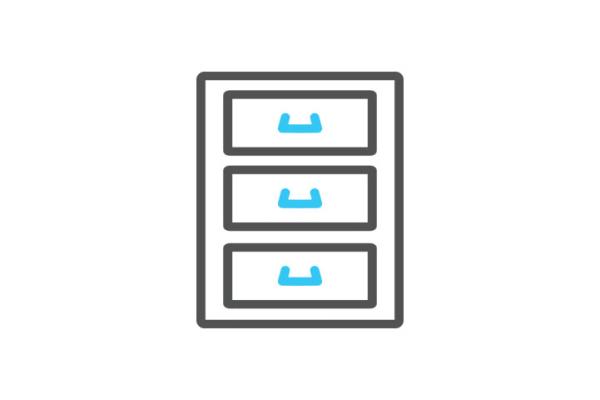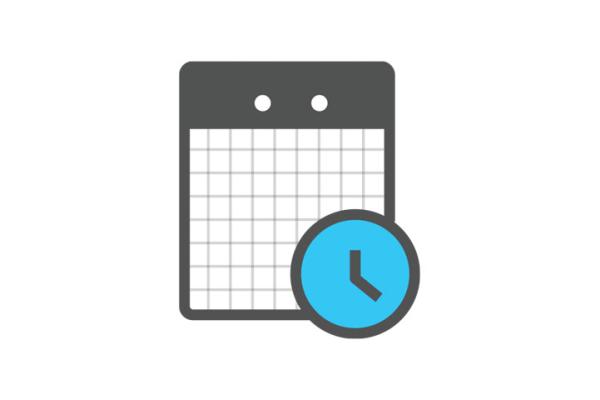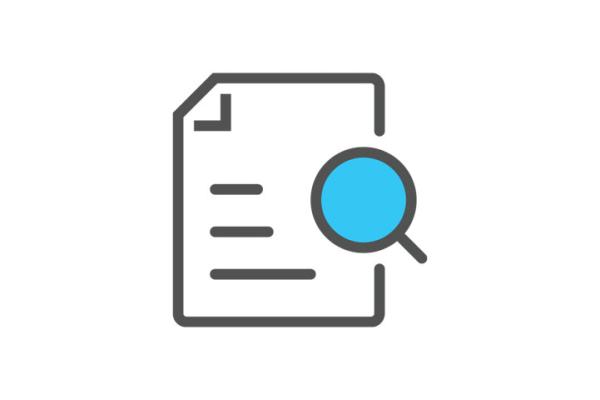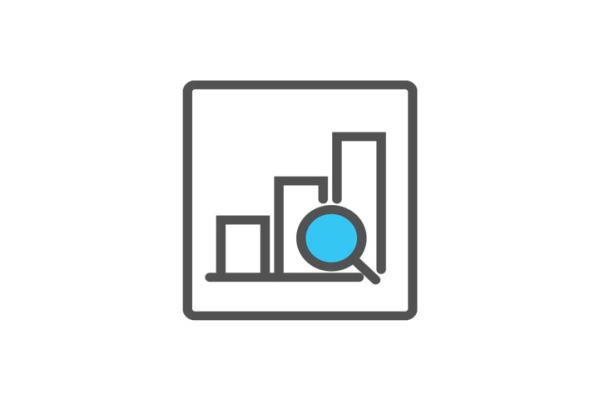Although the development and deployment of eHealth solutions in healthcare systems is a national competence, the EU is committed to providing support through funding and platforms where EU countries can collaborate on eHealth-related issues.
Some aspects like interoperability or quality standards are addressed at European level through coordinated action and digital alignment.
Policy cooperation platforms
Several structures provide a platform for collaboration and cooperation:
- The eHealth Network set up under Directive 2011/24/EU on patients’ rights in cross-border healthcare connects national authorities responsible for eHealth. Through this voluntary network, EU countries can give direction to eHealth developments in Europe and help shape policy on eHealth interoperability and standardisation. The eHealth Network’s activities are based on priorities set out in its 2018-2021 Multiannual Work Plan (MWP).
- The Joint Action supporting the eHealth Network, called eHAction (eHealth Action), was launched in 2018. As the 3rd Joint Action of this type, it builds upon the work of its successful predecessors. Its primary aims are to support the eHealth Network with technical and scientific advice, to facilitate cross-border healthcare across the EU and to provide the necessary policy support to the eHealth Digital Service infrastructure (eHDSI).
eHAction develops strategic recommendations and instruments to support the political discussions between the eHealth Network, EU countries and the Commission on 4 priority areas, which are based on the eHealth Network Multiannual Work Programme for the period 2018 - 2021. It is financed through the EU Health Programme with the expressed goals of:
- empowering people
- contributing to the innovative use of health data
- enhancing continuity of care
- overcoming implementation challenges
- The eHealth stakeholder group (eHSG) is composed of representatives of European umbrella organisations/associations or organisations with a European outreach in the fields of research, industry, standardisation and associations representing users (patients, professionals, providers etc.) active in the eHealth sector. Its primary objective is to contribute to the development of eHealth policy at EU level. Established in 2012 and with a mandate until the end of 2022, it has 30 members.
- Setting-up of the eHealth Digital Service Infrastructure for the cross-border exchange of health data, to allow continuity of care for citizens when they travel abroad in the EU
- Setting-up of the European Health Data Space to allow the secure use of health data to support delivery of care, research and policy making
- European cooperation is currently being developed in the following technical areas, with the purpose of promoting the benefits and added value of digital health in concrete operational fields:
-
The Joint Action for the European Health Data Space, called TEHDAS (Towards the European Health Data Space) was launched in 2021. It brings together 26 European countries (22 EU Member States and 4 other European countries).
The Joint Action will support the Commission’s work on the European Health Data Space by
-
bringing together actors relevant to the use of health data for research and policy making (secondary use of data) in the EU
-
collecting the best practice available in the EU on the secondary use of data
-
developing concepts and options necessary for efficient secondary use of health data
These concepts and options will focus on governance, data quality, infrastructure and empowering citizens with regards to secondary health data use in the EU.
The Joint Action is set up under the Third EU Health Programme.
-
EU financial support
In order to implement its policy in the field of eHealth, the Commission relies on several financial instruments:
- The Connecting Europe Facility (CEF) supports trans-European networks and infrastructure in the sectors of transport, telecommunications and energy. It finances projects that address common challenges through the provision of technical and organisational expertise. The allocated budget proposed by the European Council for 2021-2027 is € 28 396 million for the entire programme.
- The Digital Europe Programme will invest in key strategic digital capacities ad will complement other instruments in supporting the digital transformation, with a budget of € 6 761 million as proposed by the European Council.
- Horizon 2020 - the EU’s biggest research programme, supports research, innovation and cooperation in the area of ICT for health and wellbeing. It also encourages SMEs to scale up eHealth solutions and to tap into markets abroad. It will be followed up by the next Horizon Europe programme, covering the period 2021-2027, which has been endowed with a budget of € 75 900 million, as proposed by the European Council in July 2020.
- The third Health Programme (2014-2020) supported the Joint Actions and has co-financed several projects in the area of eHealth. The upcoming EU4Health Programme (2021-2027) will continue to support the eHealth action of the European Union. The European Council Conclusions from June 2020 provide it with a budget of € 1 670 million.
Studies related to eHealth
The European Commission sponsored two studies on telemedicine and big data to guide policies on digital health and care.
The Commission has commissioned a study for an “Assessment of the EU countries’ rules on health data in the light of GDPR” (annex). The study provides a mapping of how the GDPR is implemented in the health sector in the different countries.
It also gives an overview of the legal and technical modalities in place in the EU countries to share health data as well as the governance mechanisms established to facilitate third parties’ access to health data for its re-use.
The EC is also conducting a study on regulatory gaps, aimed at identifying barriers to the provision of digital health services, the use of Artificial Intelligence in health with a particular focus on liability and the use of health data. The study also looks at Article 14 of Directive 2011/24/EU on the application of patients’ rights in cross-border healthcare.
Capacity building and Digital skills
Digital solutions for health and care can increase the well-being of millions of citizens and radically change the way health and care services are delivered to patients if these solutions are designed purposefully and implemented in cost-effectively. They can also help address health crises such as the Covid-19 pandemic.
The Commission strives to support building Member State capacity in the use of new technologies, such as telehealth and Artificial Intelligence and to help optimise their health systems through the development of indicators and benchmarking, and short term peer reviews/twinnings.
As an important part of the digitalisation of the health and care sector, the Commission is working with EU countries to provide digital skills training and education, including upskilling, reskilling and opportunities for knowledge sharing, to students and health care professionals, hospital managers and policy makers.





